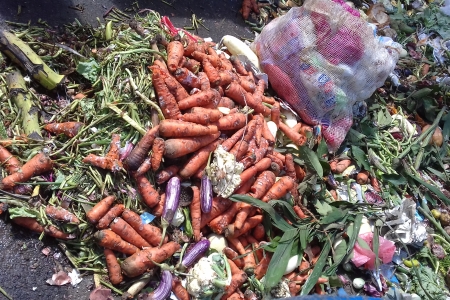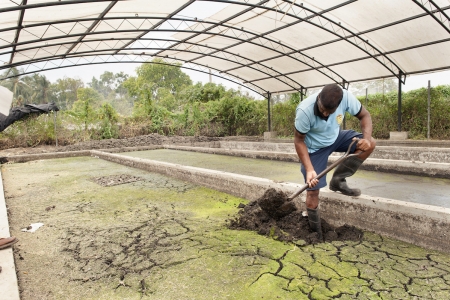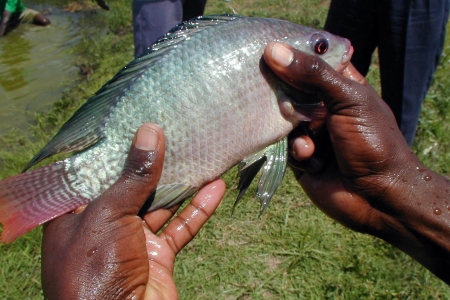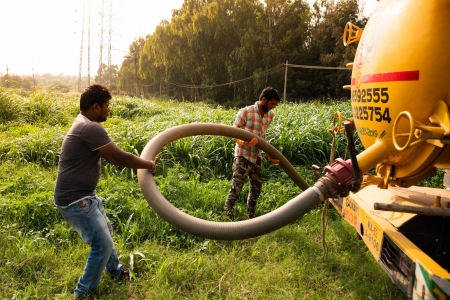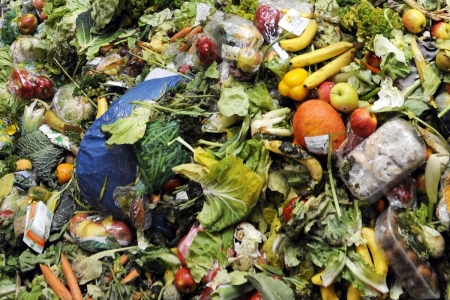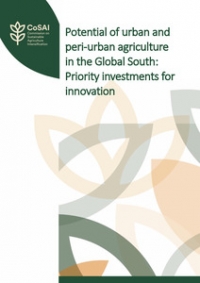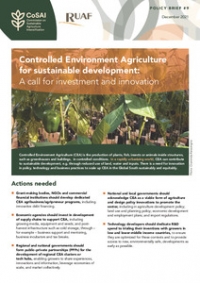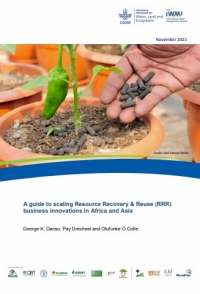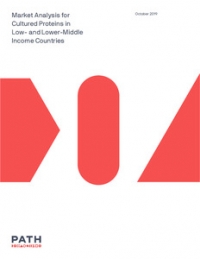Many farmers in developing countries grow crops, especially vegetables, in urban and peri-urban environments using this wastewater, raw or diluted, to irrigate their crops. Such wastewater is often heavily contaminated with disease-causing organisms and chemical agents that can seriously harm the health of the farmers, the traders who handle crops and the people who consume them.
It is therefore very important for urban and peri-urban vegetable farmers to be aware of the health-risks associated with using wastewater for their irrigating crops and to know how to use wastewater safely at farm level to reduce those health risks.Using safe irrigation methods is essential when using wastewater for irrigation, but this needs to be complemented with other practices from farm to fork to ensure the safety of others involved in the value chain.
This training handbook, published by the Food and Agriculture Organization of the United Nations (FAO) is a field guide for training urban and peri-urban vegetable farmers in safe practices when using wastewater in vegetable production.
The best practices described in this handbook were designed and field-tested as part of a Challenge Program on Water and Food Phase 1 project under the coordination of the Kwame Nkrumah University of Science and Technology (KNUST) and the International Water Management Institute (IWMI).


